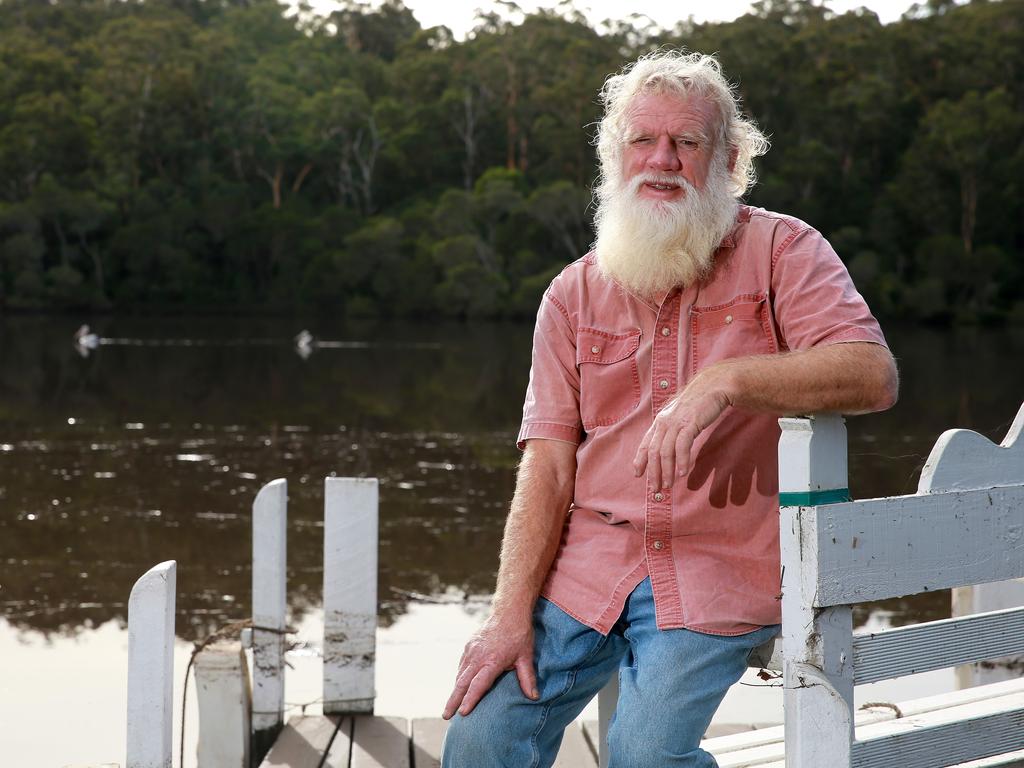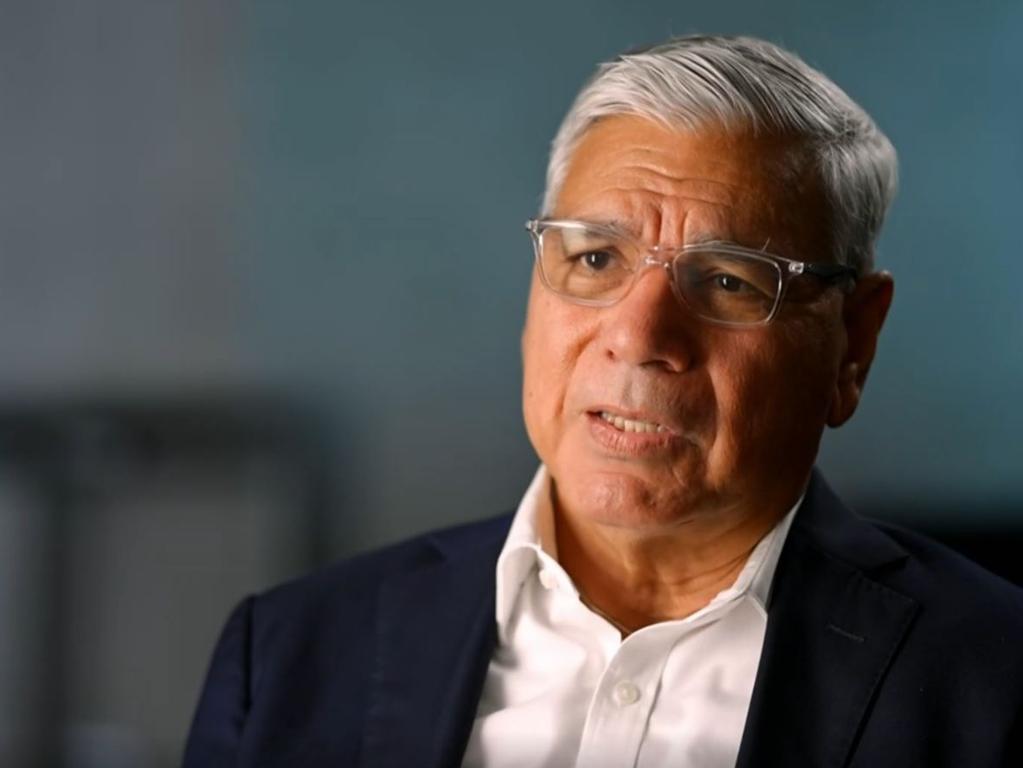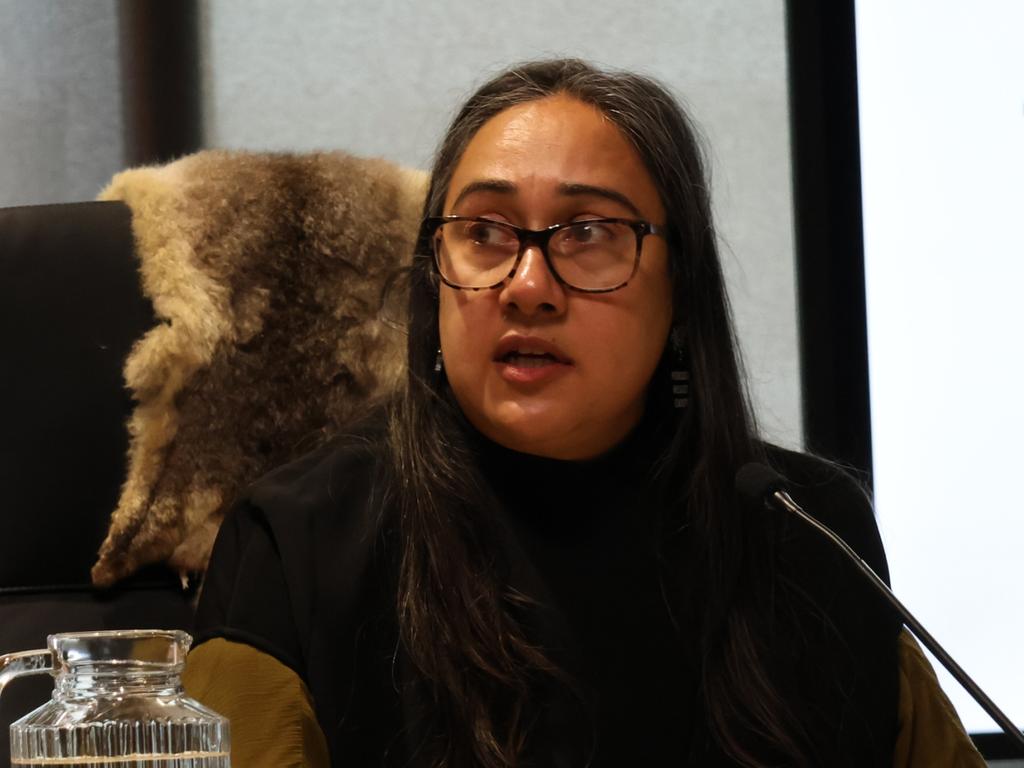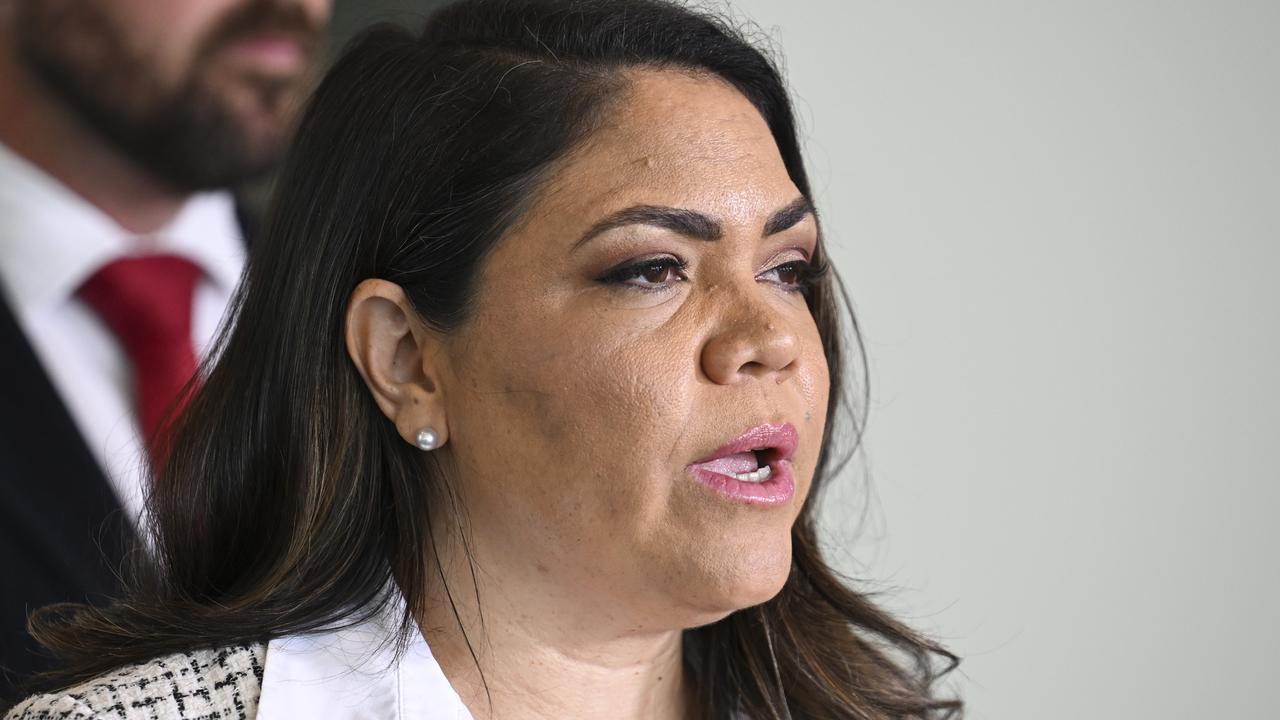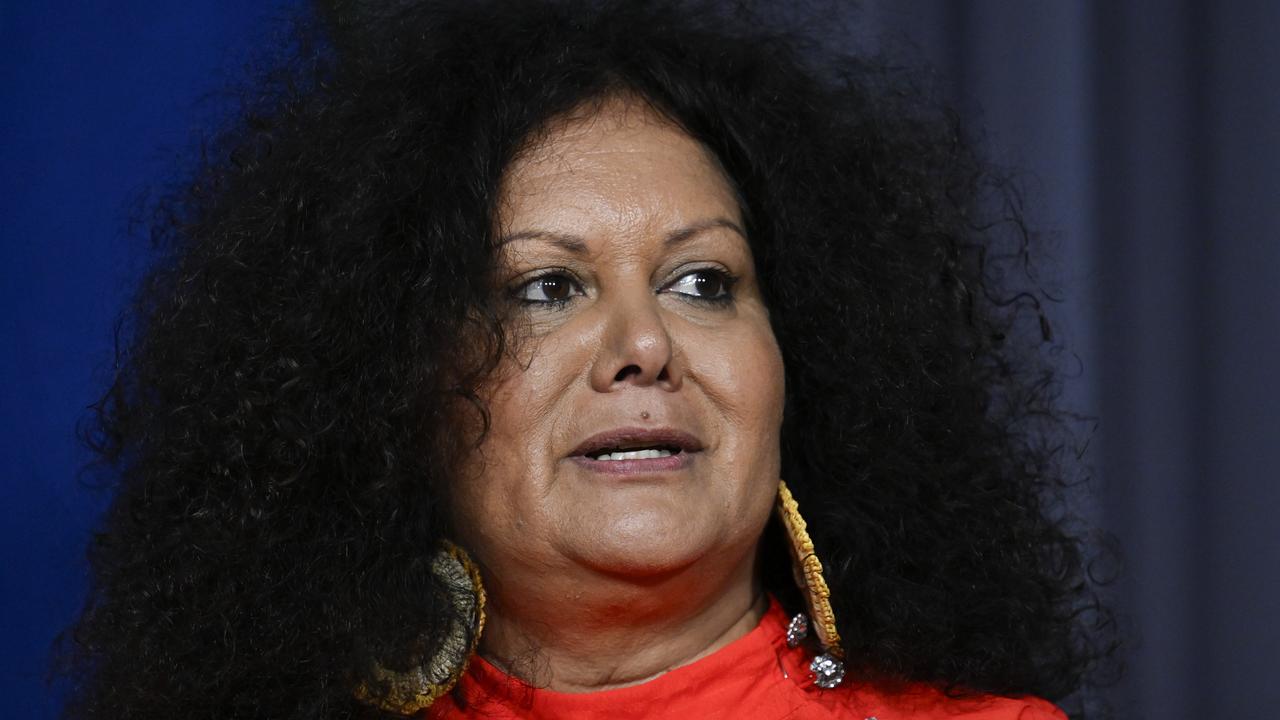Victorian Koori Court delay in outcome data
Victoria’s specialist court for Aboriginal people has failed to publicly release sentencing and outcome data for more than a decade.
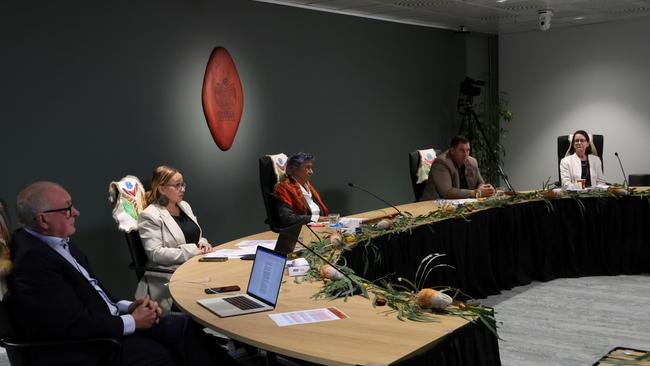
Victoria’s specialist court for Aboriginal people has failed to publicly release sentencing and outcome data for more than a decade, despite it being held up as a way forward for Indigenous self-determined justice.
A Yoorrook Justice Commission report into the state’s child protection and criminal justice system on Monday called on the government to hand over “decision-making power, authority, control and resources” for both the state’s criminal justice and child protection system.
The commission was criticised by eminent historian Geoffrey Blainey and Coalition frontbencher Jacinta Nampijinpa Price, who said its recommendations “lower expectations” for Indigenous people.
Sentencing data from Koori Courts – which exclusively sentence Indigenous people within the Children’s, Magistrates and County courts – is included in statistics collected and released by Victoria’s Sentencing Advisory Council; however, the most recent publicly available data on outcomes for Koori Court participants specifically was published in 2010 for the Magistrates Court and 2011 for the County Court.
A sentencing council spokesman said the most recent report it published on Koori and non-Koori outcomes is dated 2013 and it could take months to separate the data to compare it with mainstream court outcomes, and a complex match pair analysis is needed.
Separately, the Magistrates and County courts told The Weekend Australian they could not share more recent information, and the Children’s Court did not respond to requests for comment.
But judicial officials say Koori Courts are still the right way to go.
Scott Johns, the judge in charge of the County Koori Court, said there are tangible benefits.
“The County Koori Court provides culturally relevant participation in the sentencing process, which encourages rehabilitation and improves community safety,” he said. “We know from the first-hand experiences of our judges, elders, respected persons and participants that the County Koori Court is an effective part of our justice system.”
Magistrate Rose Falla, the first Indigenous magistrate appointed in Victoria, commended the Koori Court’s work.
“The Koori Court is a culturally safe sentencing court where participants are supported by elders and respected persons to take part in sentencing conversations and to be part of their solution for change,” she said.
“We are proud of the contribution the Koori Court has made over more than 20 years to improve outcomes for Koori and First Nations people and communities.”
Koori Courts were set up in response to the 1991 Royal Commission into Aboriginal Deaths in Custody, and their objective is “to create sentencing orders that are more culturally appropriate to Aboriginal accused, thereby reducing the rate of reoffending”, according to the Magistrates Court website.
A real-time example of self-determined governing, participants must be of Aboriginal or Torres Strait Islander background, plead guilty and consent to have their matter dealt with in a Koori Court. Elders are a key part of the hearings, which are held around an oval table, and judicial officers have access to the same sentencing options as mainstream courts.
The Yoorrook Justice Commission said present-day failures are “deeply rooted in the colonial foundations of the state of Victoria”.
One significant point of discussion in the report was on calls from the Victorian Aboriginal Legal Service, Victoria Legal Aid and the Aboriginal Justice Caucus to expand the Koori Court model, which was first trialled in the state in 2002.
Premier Daniel Andrews, asked on Tuesday to respond to concerns about a separate criminal justice system for Indigenous people, said the Koori Court has been a “stunning success”.
The 2013 report, titled “comparing sentencing outcomes for Koori and non-Koori adult offenders in the Magistrates Court of Victoria”, showed a significantly higher proportion of Indigenous people were sentenced to imprisonment. A footnote in the report says data on people sentenced in the various Koori Courts are not included.
It reported 36.7 per cent of Aboriginal offenders were sentenced to a jail term compared with 28.5 per cent of non-Aboriginal offenders. A statistically significant lower proportion of Aboriginal offenders, 7 per cent, received an intensive correction order compared with non-Aboriginal offenders at 17.5 per cent.


